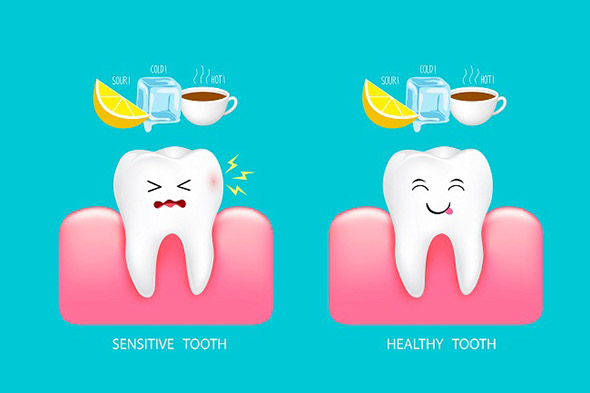Do you have sensitive teeth? Does hot or cold food and drink make you cringe?
We can help you beat sensitivity with Sensodyne Rapid Relief.
Excessive brushing, gum disease and acidic food and drinks can cause your teeth to become sensitive. Using Sensodyne Rapid Relief can ease the pain and let you enjoy everyday things.
We also stock a variety of GC Tooth Mousse’s that can help strengthen and protect your teeth. GC Tooth Mousse can be helpful if:
- Tooth decay or teeth decay
- Sensitive teeth
- You have erosions or wear
- If you suffer from a dry mouth
- You have an acidic oral environment
- And a number of other benefits
If you have sensitive teeth feel free to discuss this issue with any of our dentists. We are more than happy to help guide you through the best solutions to manage and or fix the issue.

You can contact the dental clinic on 08 8280 9611 or if you just require information you can email us at: pds@paralowiedentalservice.net.au
To learn more about our dental clinic please view ours about us page. To view our dental services offered, please visit our services page, or to view our Google reviews please visit the link.
What causes sensitive teeth to hurt?
That sharp shock, jolt, or even minor twinge of pain you feel may be caused by these common triggers below:
- Cold foods or drinks
- Breathing in cold air
- Hot foods or drinks
- Sugary foods
- Sour foods
- Brushing your teeth
Are sensitive teeth common?
Yes. As many as 2 in 3 people may experience dentine hypersensitivity/tooth sensitivity.
Can overbrushing cause sensitive teeth?
Yes, brushing too hard or too frequently can contribute to gum recession and/or enamel wear, which, over time, can expose the inner layer of your tooth, known as dentine, and can lead to sensitive teeth. Brush your teeth twice a day with a soft-bristled toothbrush.
Are sensitive teeth a sign of a more serious dental problem?
There are many different causes of tooth pain other than tooth sensitivity. For example, a cracked tooth or a cavity (tooth decay). If you are feeling any tooth pain or discomfort, the best thing you can do is visit your dentist and seek professional advice.
To read more of our Google reviews please click here
